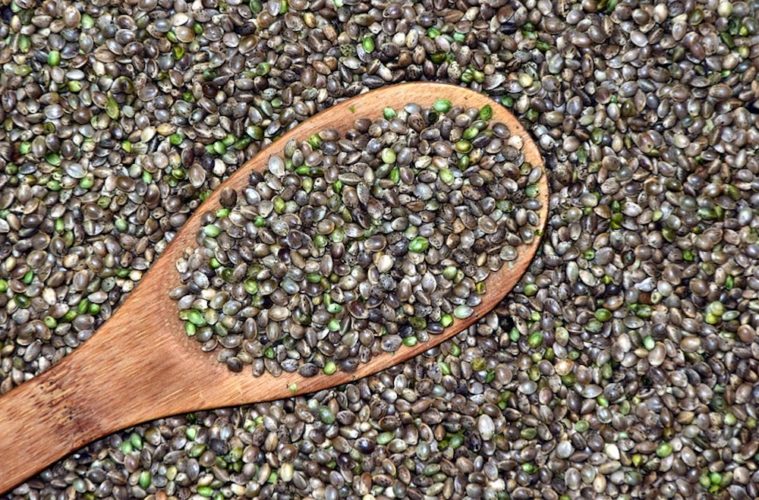On April 24, the federal government took a major step towards normalizing the hemp industry.
The U.S. Department of Agriculture announced on Wednesday that it would begin accepting applications from plant breeders to protect varieties of hemp propagated from seed.
In the bulletin, the USDA’s Agriculture Marketing Service said that protection of new hemp varieties would be provided to breeders under an existing program authorized by the Plant Variety Protection Act. The program is administered by the Plant Variety Protection Office (PVPO), which provides intellectual property protection to breeders of new varieties of seeds and tubers. The PVPO will examine applications from plant breeders and grant certificates that will protect new varieties of hemp from being marketed by other growers without authorization for 20 years.
“Certificate owners have rights to exclude others from marketing and selling their varieties, manage the use of their varieties by other breeders, and enjoy legal protection of their work,” according to the notice from the USDA.
To qualify for protection, a plant variety must be new and distinct with stable genetics that produce uniform plants. Breeders will be able to file applications to protect their new hemp varieties through an online electronic application filing system. In addition to allowing for the filing of new applications, the system will permit users to amend existing applications, pay fees, check the status of a filed application, or correspond with employees of the PVPO. Before registering, new users are required to be electronically authenticated by applying for a USDA e-Authentication account at http://www.eauth.usda.gov/.
Protection Breeds Innovation, USDA Says
Jeremy Kapteyn, a patent attorney with the firm KW Law in Phoenix, told HEMP via email that “the USDA’s announcement that it will now accept hemp materials for evaluation under the Plant Variety Protection Act gives hemp breeders access to an important path to such protection for their improved, seed-propagated hemp varieties. Breeders making the investment to participate in this process deserve the opportunity to obtain the same classes of federal intellectual property protections available to other crops and industries.”
Kapteyn added that that protection for breeders will lead to innovation that produces improved varieties of hemp.
“There is widespread recognition that current hemp seed resources are inadequate to meet exploding market demand, both in quantity and quality,” he said. “As a crop, hemp presents massive opportunities for improvement by breeders using modern crop improvement tools that simply haven’t been applied due to its legal status prior to passage of the 2018 Farm Bill.”
The authority to protect new varieties of hemp was extended to the crop with its legalization under the 2018 Farm Bill. The USDA is currently developing a regulatory structure for farmers to market their crop and has announced plans to issue regulations this fall. States and Native American tribes that legalize hemp agriculture will be required to also develop their own regulatory plans and submit them to the USDA for approval.
Some states have already done so, including Wyoming, Pennsylvania, and Kentucky, which delivered its plan to the USDA on December 20, the same day that President Trump signed the 2018 Farm Bill into law. The USDA announced in February that state plans would be evaluated once the federal regulations have been drafted.
“State or Indian tribal nations do not need to submit plans for approval until regulations are in place; however, should a state submit a plan, USDA will hold that submission until regulations have been promulgated,” the USDA said in a notice on its website. “As required by law, USDA is committed to completing its review of plans within 60 days once regulations are effective.”


